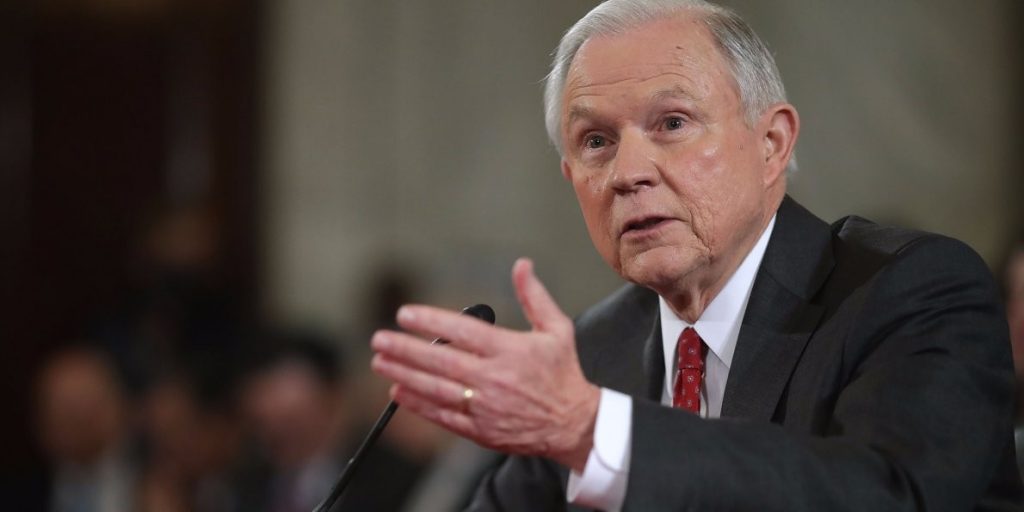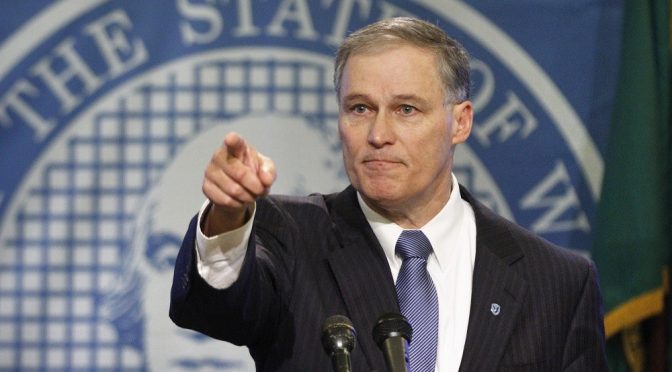United States Attorney General Jeff Sessions recently wrote a letter to the Governor Jay Inslee and Attorney General Bob Ferguson of Washington. AG Jeff Sessions highlighted the following violations in Washington’s so-called “recreational” marijuana industry.
•
“[T]he medical market [for marijuana] is considered `grey’ due to the lack of regulation and oversight” and, furthermore, aspects of Washington’s regulatory structure for the “medical market” have “unintentionally led to the growth of black market enterprises”;
•
The “recreationally licensed” marijuana market also is incompletely regulated: the leading regulatory violation in that market has been the “failure to utilize and/or maintain traceability” of marijuana products;
•
“Since legalization in 2012, Washington State marijuana has been found to have been destined for 43 different states”;
•
90% of public safety violations of the state’s marijuana “regulatory structures” for “recreational licensees” involved minors, according to data from the first year of Washington’s “recreational marijuana” laws. Violations include, for example, sales to minors and employment of minors;
•
“One in five 10th grade students reported riding with a driver who had used marijuana — 9% reported driving within three hours of consumption,” according to the most recent data in the report;
•
“49% of young adult drivers who used marijuana in the past month had driven a car within three hours after using marijuana” and 64% of marijuana DUIs in Spokane Valley involved youth, according to data from the first year of Washington’s “recreational marijuana” laws;
•
“61.9% of drivers do not believe marijuana makes a difference in their driving ability” and “[d]rivers with active THC in their blood involved in a fatal driving accident have increased 133.2% from 2010 (16) to 2014 (23)”;
•
In 2014 alone, 17 THC extraction labs exploded; and
•
There was a 54% increase in the number of marijuana calls to the State Poison Center from 2012-2014. These findings are relevant to the policy debate concerning marijuana legalization. I appreciate your offer to engage in a continuing dialogue on this important issue. To that end, please advise as to how Washington plans to address
the findings in the Northwest HIDTA report, including efforts to ensure that all marijuana activity is compliant with state marijuana
laws, to combat diversion of marijuana, to protect public health and safety, and to prevent marijuana use by minors.
I also am open to suggestions on marijuana policy and related matters as we work to carry out our duties to effectively and faithfully execute the laws of the United States. You may direct your response and suggestions to the Intergovernmental Affairs and Public Liaison within the Office of Legislative Affairs, which can help coordinate any communications logistics. I look forward to your response.
Left Out of Sessions’ Letter:
Despite the incredible problems from legalizing weed, a video from Huffington Post chooses to call reminders of these problems “Reefer Madness.”


